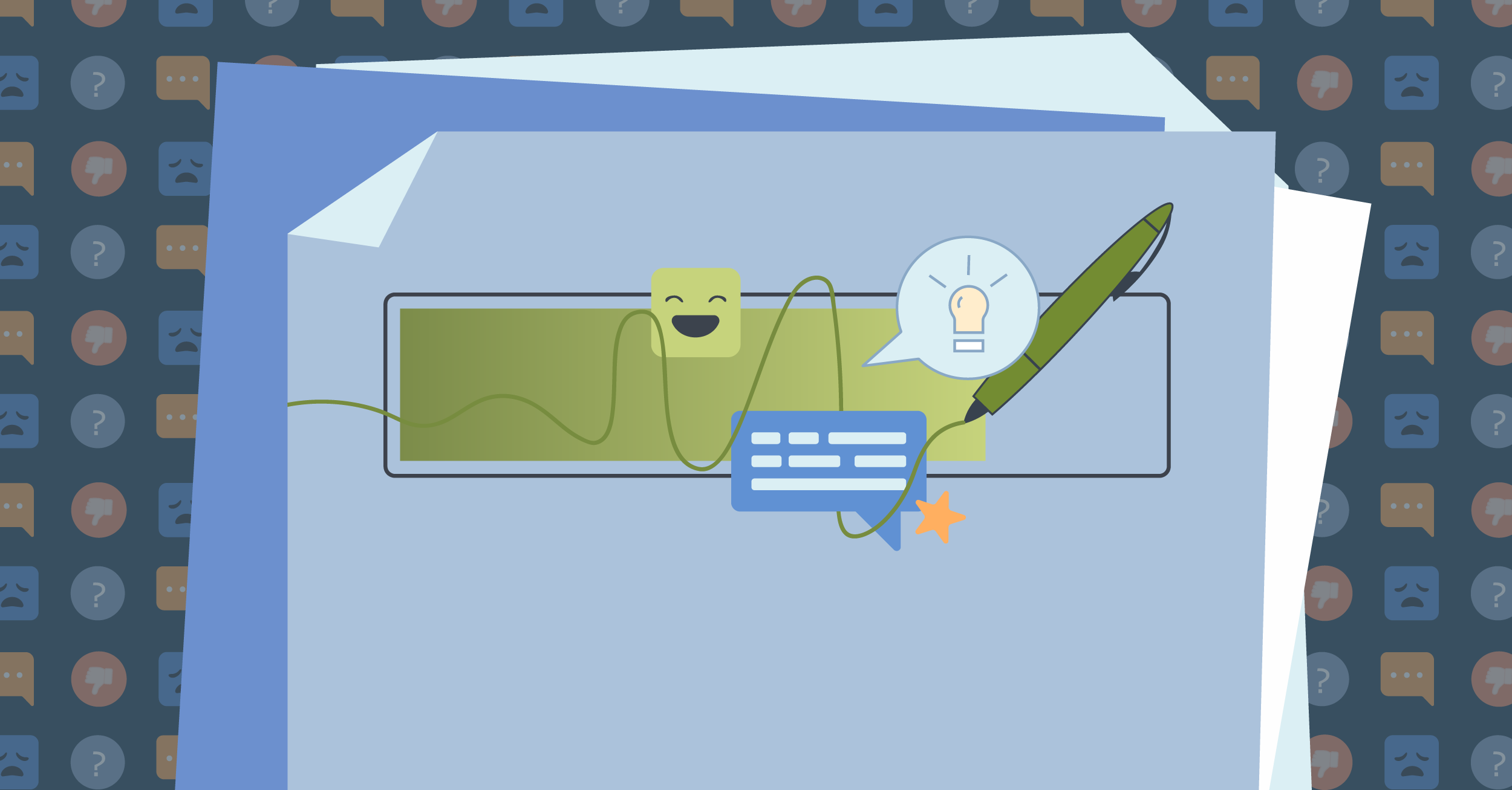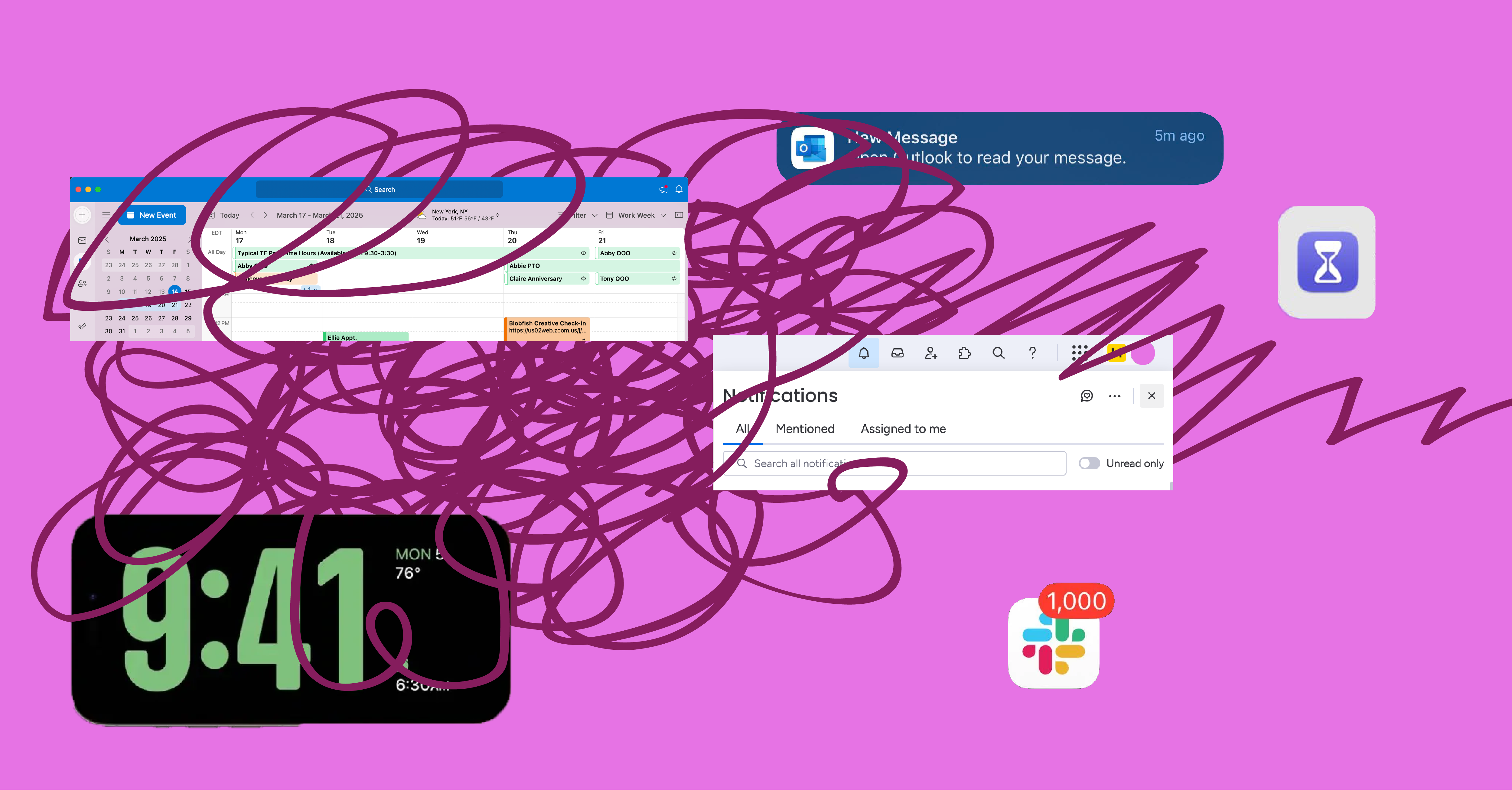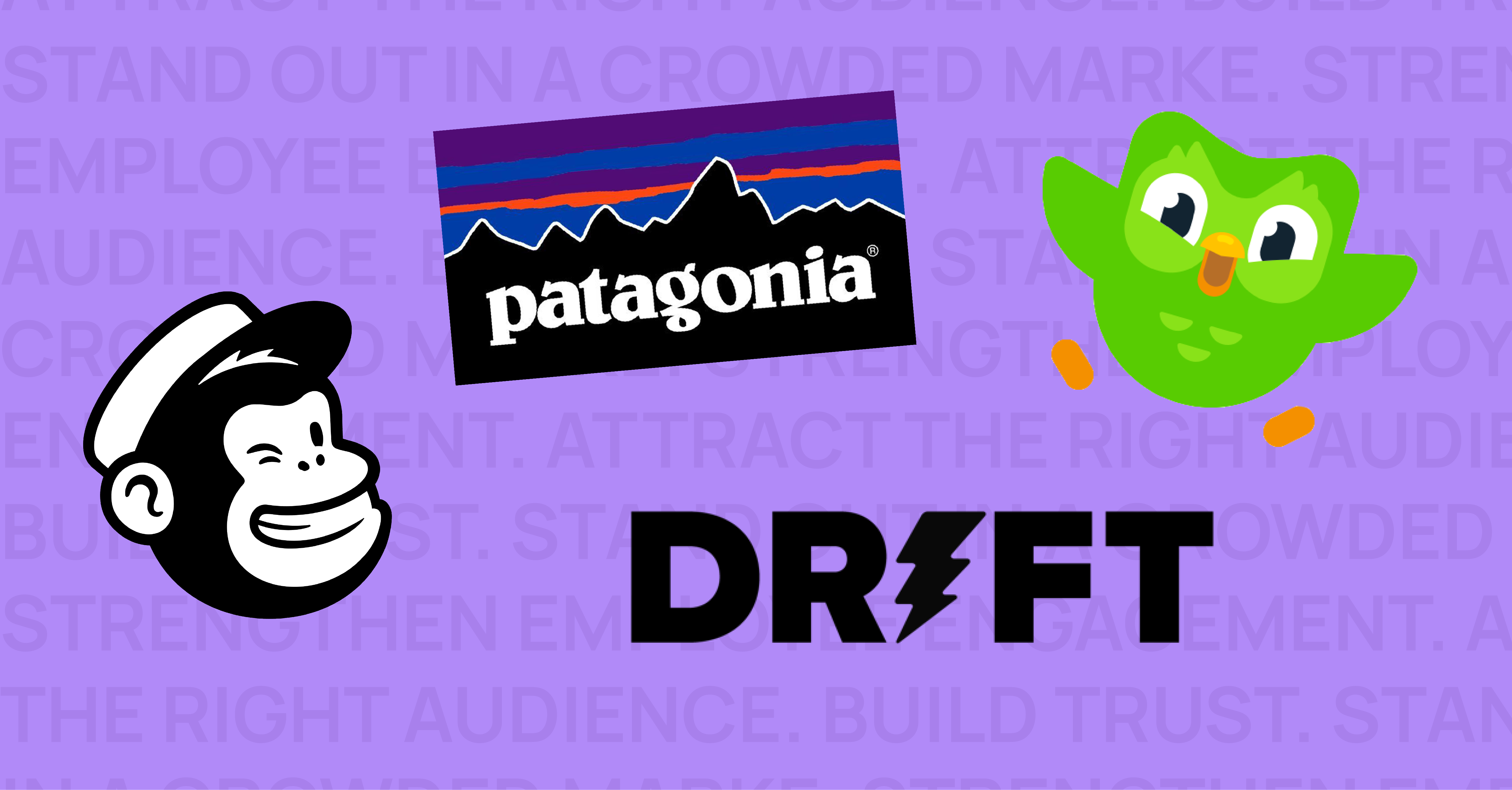When I sat down to write this blog post, I didn’t have a topic.
More accurately, I had a ton of topics, all of which I quickly dismissed. No one cares about that topic. I’m not the authority on that topic. I’ve already written about that topic. And the list goes on. When you’re in a “can’t” mindset, it’s impossible to create content.
Writer’s block is real. We’ve all experienced it—well, ChatGPT hasn’t, but more on that later. Yet thinking of writer’s block as the inability to write doesn’t give credit where credit is due. And to overcome writer’s block, we first must understand its root cause.
Regardless of what we’re writing, when we suffer from writer’s block we experience the phenomenon similarly: we’re on deadline to create a piece of content, and we’re stuck. Many will throw their hands up and say, “I have writer’s block.” And that may be true. But it isn’t helpful. When I am struck with writer’s block, it helps me to think through what’s really getting in the way:
- Lack of confidence: I don’t believe that what I’m creating is meaningful, interesting, or relevant to my audience. Often, lack of confidence is not in the idea, but rather in the individual.
- Lack of clarity: I’m struggling to create something because I’m unclear on what I’m really trying to convey.
- Lack of conviction: I’m not a strong advocate or proponent of the topic I’m presenting.
- Lack of creativity: The thoughts are there, but the spark, storytelling, and passion are not.
In other words, we’re not blocked by our ability to write. We’re blocked by our overthinking, second-guessing, and self-doubting.
As I sat down to write this blog post, there were a few extra stressors on my shoulders at work and at home. Nothing monumental, but enough that it weighed on me and allowed me to convince myself that my ideas weren’t noteworthy, interesting, or helpful to my readers. Hopefully, I’ve pushed those aside sufficiently to pen something useful.
So, then, if we all experience writer’s block, what can we do to work through it?
- Talk it out: Literally, “write” the content verbally as if you were explaining it to your friend. As a verbal-first communicator, I find this particularly helpful for me. I know that for others, when they have to prepare for an important conversation they will write it out first. Either way, find the communication mode you’re most comfortable in, and start there to get the ideas flowing.
- Go for a walk or a run, or just sit: The key is to not do anything else (yes, that means iPhones down!), and to just think. Be alone with your thoughts and feelings. Do some mind-meandering and see what happens. But be open, and be ready for a good idea and write it down when it hits.
- Observe the world around you: Good ideas often come from interesting observations. And you can’t observe if your eyes and ears (and mind) aren’t open. I’ve written about Fig Newtons, what elevation planes fly at, and rubber bands. Each served an important purpose.
- Read more: The easy, often-recommended antidote to writer’s block is to read more. It works for me, but with one caveat: occasionally I think, “Yeah, but I’ll never write as well as this author.” When that happens I remind myself that I’m not an author. I’m just a marketing guy with a blog that a few people read and that my mom will praise regardless of the content. Phew. Pressure gone.
- Ask for help: I recently asked colleagues for some content ideas, and it sparked both the “Oh, great topic” and “Eek, not sure that’s for me” forms of feedback. In other words, it generated a reaction, which was enough for me to push my writer’s block to the side and focus on topics of interest. In another case, I called up a buddy and commiserated with him. After we both vented about the challenges of writing a monthly blog post, we brainstormed a few great topics.
I don’t want to leave you with only my ideas for tackling writer’s block. So let’s see what the experts—people who actually get paid to write—have to say about the topic:
Maya Angelou: “What I try to do is write. I may write for two weeks ‘the cat sat on the mat, that is that, not a rat.’ And it might be just the most boring and awful stuff. But I try. When I’m writing, I write. And then it’s as if the muse is convinced that I’m serious and says, ‘Okay. Okay. I’ll come.’”
Stephen King: “Amateurs sit and wait for inspiration, the rest of us just get up and go to work.”
J.K. Rowling: “The wonderful thing about writing is that there is always a blank page waiting. The terrifying thing about writing is that there is always a blank page waiting.”
Ernest Hemingway: “All you have to do is write one true sentence. Write the truest sentence that you know.”
Haruki Murakami: “The repetition itself becomes the important thing; it’s a form of mesmerism. I mesmerize myself to reach a deeper state of mind.”
King’s acknowledgment that writing doesn’t happen to you resonates with me. Writing is something you must actively initiate and participate in.
All of this made me wonder whether my colleague “Rob Ott” ever experiences writer’s block. So I asked ChatGPT. The answer, predictably, was no. All the things that make us human are reasons why ChatGPT doesn’t get writer’s block (the following is quoted from ChatGPT, but edited for brevity):
- Massive Training Data: ChatGPT has been trained on a vast amount of text data from the internet, books, articles, and more.
- Pattern Recognition: The model excels at recognizing patterns in text and generating responses that are coherent and contextually relevant based on the input it receives.
- No Creativity Constraints: Unlike human writers who may face constraints like writer’s block or emotional factors, ChatGPT operates without these limitations. It doesn’t experience fatigue, lack of motivation, or creative blocks that can hinder human writers.
- Instant Access to Information: ChatGPT can instantly retrieve information from its training data and generate responses quickly.
- Algorithmic Processing: The model’s algorithms are optimized to handle natural language tasks efficiently.
The ChatGPT response went on to acknowledge that “It’s important to note that while ChatGPT excels in generating text, it lacks true understanding or consciousness, which are essential aspects of human creativity and deeper levels of writing.”
In other words, ChatGPT doesn’t experience pain or purpose, loss or love, happiness or harm. It doesn’t feel. It doesn’t breathe. It doesn’t live.
All of this led me to conclude that, yes, writer’s block is real, but it is not bad. If we’re looking for creativity, maybe it is in this very moment—when we are struggling with writer’s block and fighting through it—that the magic happens.
Like the spinning wheel in early computers, think of your next writer’s block moment as the period in which your inner computer is doing the hard, and important, work of thinking, computing, and creating. Give it a second. Sit with the discomfort. And eventually, trust the process and find your way forward.



